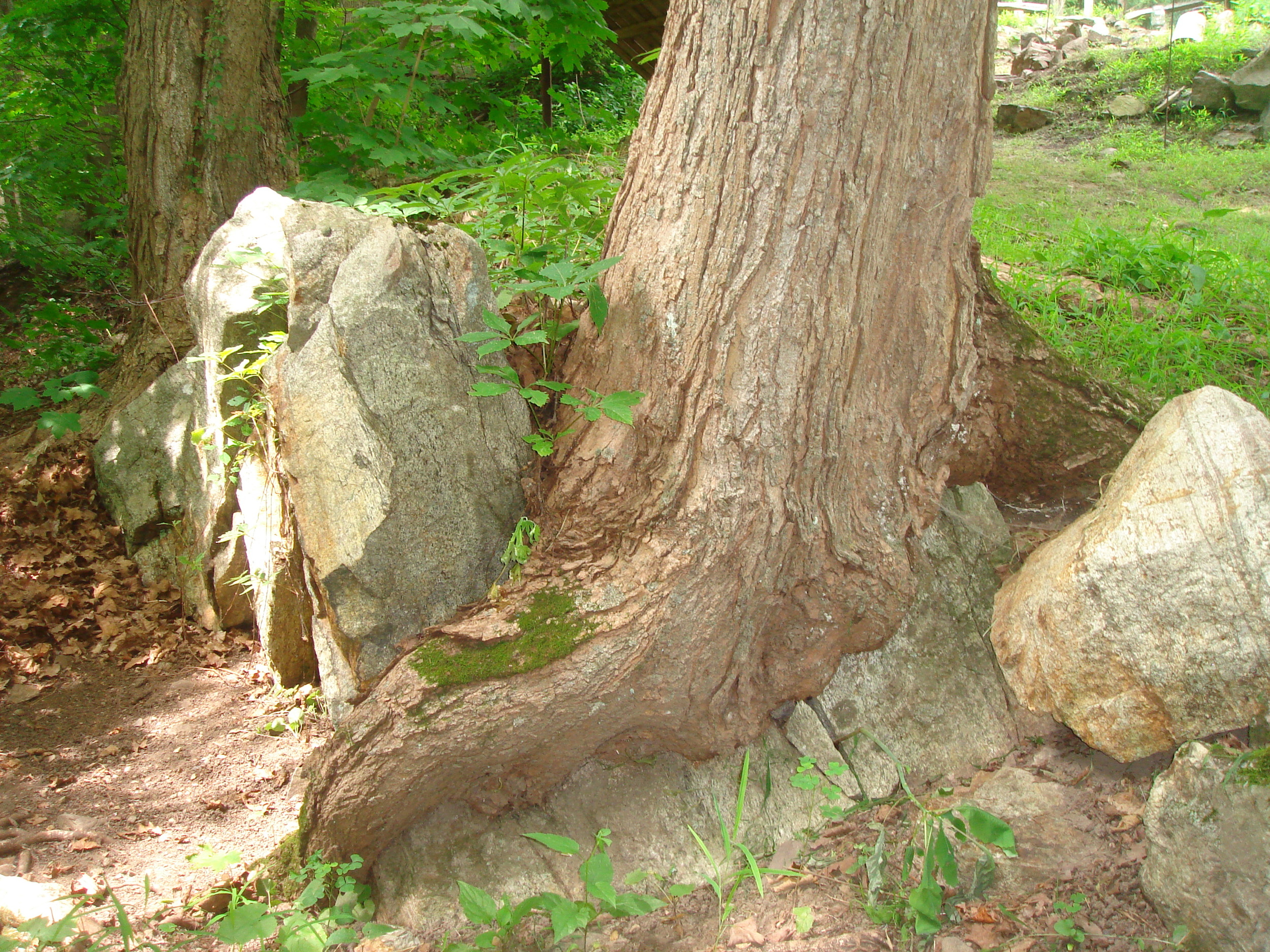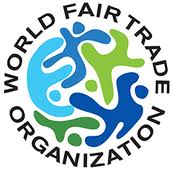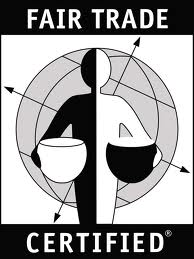 Totally inspiring conference at Omega on Sustainable Living this past week-end, awesome speakers, all on the forefront of this new consciousness paradigm.
Bill Clinton made two major points: Americans are not politically active enough (hence the Congressional mess - 40 years in the making he said, go vote, not only in the presidential elections), and from here on in it's all about cooperation and community, win-win for all.
Totally inspiring conference at Omega on Sustainable Living this past week-end, awesome speakers, all on the forefront of this new consciousness paradigm.
Bill Clinton made two major points: Americans are not politically active enough (hence the Congressional mess - 40 years in the making he said, go vote, not only in the presidential elections), and from here on in it's all about cooperation and community, win-win for all.
Economist Jeremy Rifkin, who consults the Germany government on how to transition to the new energy paradigm (not enough people listening on this side of the Atlantic yet, oops) foresees the new cultural paradigm arising out of the climate change calamity and predicts a lateral energy and infrastructure development, solar go! - Germany and Denmark are developing it now, America - look there for the future.
Environmentalist Paul Hawken is currently writing a book on loving our enemy: carbon - isn't that what they teach in all the spiritual disciplines, to love your enemy?
Biologist Janine Benyus teaches think tanks to use the natural world as a model for new technologies.
Rob Hopkins of the Transition Movement, which is about living without fossil fuels, preaches local + community + cooperation.
Environmental professor David W. Orr and architect Bob Berkebile are developing entire sustainable communities, not just individual buildings.
Live stream of conference can be watched until December 5: http://www.eomega.org/workshops/conferences/where-we-go-from-here
Let yourself be inspired! These are people we need to listen to.








